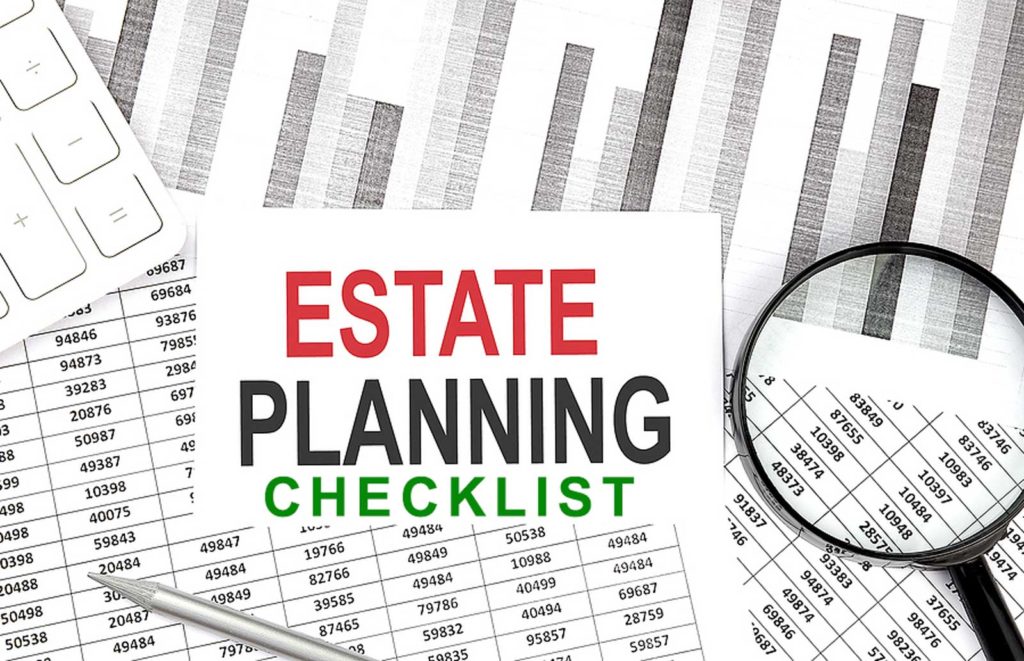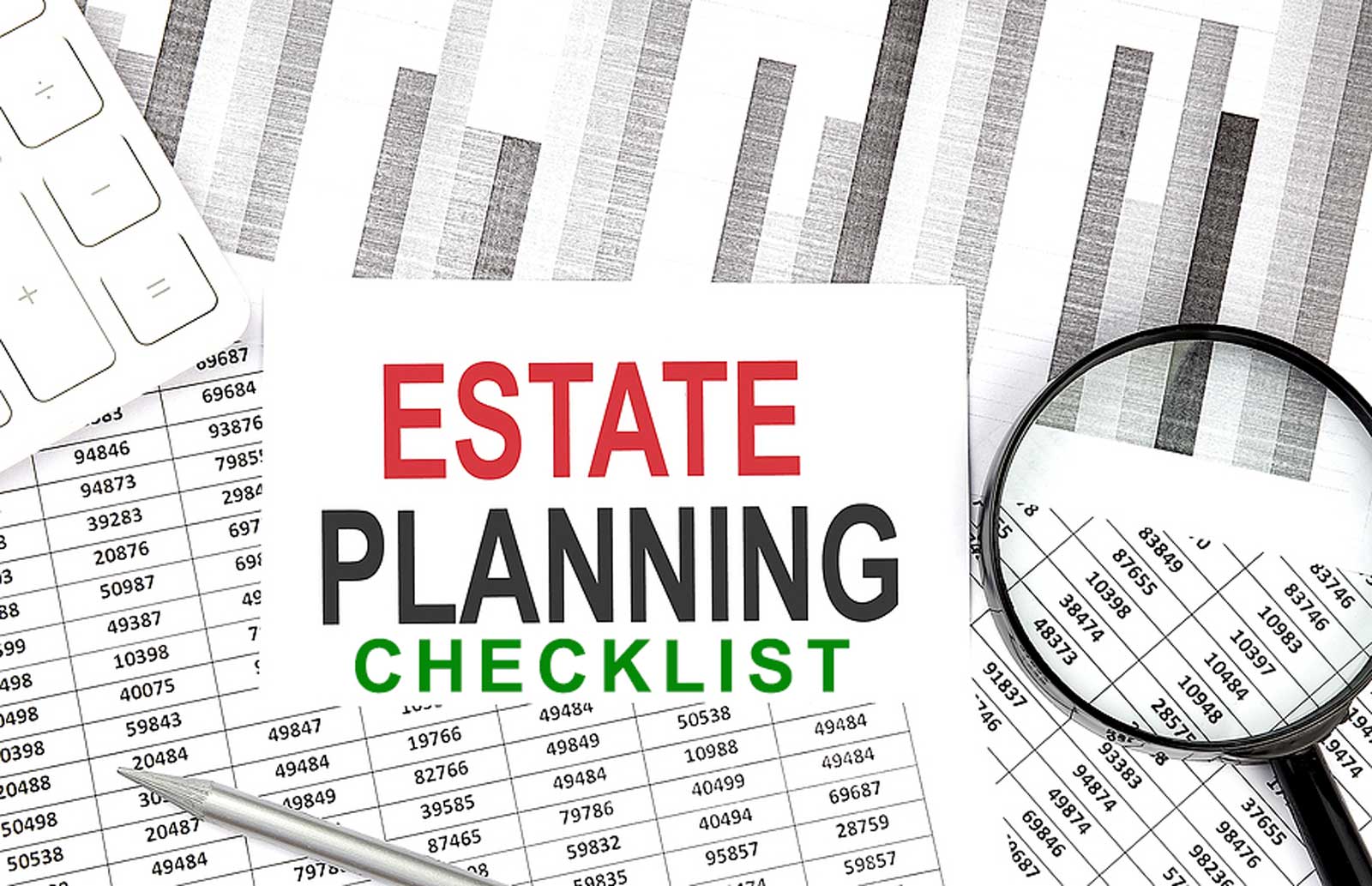Estate Management Checklist

Estate Planning & Long-Term Healthcare are among the most ignored areas of financial planning, but they are some of the most important. This estate management checklist is a great starting point to create goals and outcomes for a successful outcome.
Do you have a will?
A will enables you to specify who you want to inherit your property and other assets. A will also enable you to name a guardian for your minor children.
Do you have healthcare documents in place?
Healthcare documents spell out your wishes for health care if you become unable to make medical decisions for yourself. They also authorize a person to make decisions on your behalf if that should prove necessary. These documents may include a living will, a power of attorney agreement, and a durable power of attorney agreement for healthcare.
Do you have financial documents in place?
Certain financial documents can outline your financial wishes. If you become unable to make decisions for yourself, these financial documents can be structured to empower a person to make decisions on your behalf. These documents may include joint ownership, durable power of attorney, and living trusts.
Have you filed beneficiary forms?
In some cases, naming a beneficiary for bank accounts and retirement plans makes these accounts “payable on death” to your beneficiaries. In other cases, you will need to fill out a “Payable on Death” form.
Do you have the right amount and type of life insurance?
When was the last time you assessed your life insurance coverage? Have you compared the life insurance benefit with your financial obligations? Keep in mind that several factors will affect the cost and availability of life insurance, including age, health, and the type and amount of insurance purchased. Life insurance policies have expenses, including mortality and other charges. If a policy is surrendered prematurely, the policyholder also may pay surrender charges and have income tax implications. You should consider determining whether you are insurable before implementing a strategy involving life insurance. Any guarantees associated with a policy are dependent on the ability of the issuing insurance company to continue making claim payments.
Have you taken steps to manage your federal estate tax?
If you and your spouse have more than $24.12 million in assets (for 2022), you may want to consider taking steps to manage federal estate taxes, which will be due at the second spouse’s death.1 In Indiana, we are fortunate that the State imposes no estate taxes. Every custom-tailored RetireSHIELD® includes an assessment of your possible liability and how to address it.
Have you taken steps to protect your business?
Do you have a succession plan? If you own a business with others, you may also want to consider a buyout agreement.
Have you created a letter of instruction?
A letter of instruction is a non-legal document that outlines your wishes. A strong, well-written letter may save your heirs time, effort, and expense as they administer your estate.
Will your heirs be able to locate your critical documents?
Your heirs may need access to the specific documents you have created to manage your estate. These documents may include:
- Your will
- Trust documents
- Life insurance policies
- Deeds to any real estate and certificates for stocks, bonds, annuities
- Information on your financial accounts and safe deposit boxes
- Information on your retirement plans
- Information on any debts you have: credit cards, mortgages, and loans.
At Crown Haven, every RetireSHIELD® is designed so that both spouses are covered in the event of an untimely passing, ensuring that neither spouse ever sacrifices their standard of living or has to deal with additional financial stress during their time of grief and mourning.
Learn more about RetireSHIELD® plan and our Long-Term Healthcare and Estate Planning.
Crown Haven Wealth Advisors has a limited number of free financial planning sessions available. We are happy to have the meeting with you in person in our offices in Carmel, Indiana, by Zoom or over the phone. You can schedule your complimentary appointment online or by calling 317-564-4691
Note: Power of attorney laws can vary from state to state. An estate strategy that includes trusts may involve a complex web of tax rules and regulations. Consider working with a knowledgeable estate management professional before implementing such strategies.




